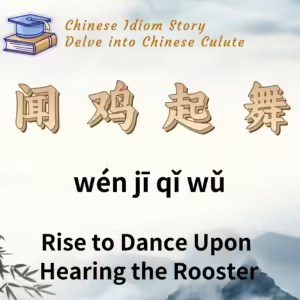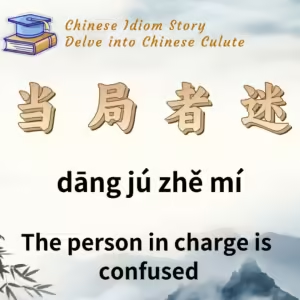
Chinese Idiom: 萎靡不振 (Wei Mi Bu Zhen)
English Translation: Withered and listless
pīn yīn: wěi mí bù zhèn
Idiom Meaning: Refers to a state of being dispirited and lacking energy or motivation.
Historical Source: Song History (宋史) – “Biography of Yang Shi.”
Idiom Story:
Yang Shi was a prominent scholar during the Northern Song Dynasty, hailing from Nanjian, present-day Fujian Province. He was appointed as a scholar at the Longtu Pavilion by Emperor Huizong. At that time, the Northern Song Dynasty was on the brink of collapse, with the Jin forces invading and capturing vast territories. Despite this, Emperor Huizong, a ruler known for his hedonism and incompetence, remained indifferent to the plight of the nation and its people, choosing instead to expend resources on lavish palaces. His military commander, Tong Guan, who mirrored the emperor’s incompetence, suffered successive defeats, allowing the Jin army to approach the capital, Bianjing (now Kaifeng, Henan).
On a day when Emperor Huizong was indulging in wine and festivities, news of the Jin army’s advance reached him, causing panic and confusion among his ministers. In this critical moment, Yang Shi stepped forward with calm determination and addressed the crowd, saying: “The current situation is like dry kindling catching fire—extremely perilous. His Majesty must awaken and rally to firm resistance against the Jin; only then can we boost morale and invigorate the people. If we continue to show cowardice and remain in a state of lethargy, there is no hope left for the Song Dynasty.”
Yang Shi’s words highlighted the urgency of the situation and called for action, contrasting the necessity of revitalization against the backdrop of impending disaster.






